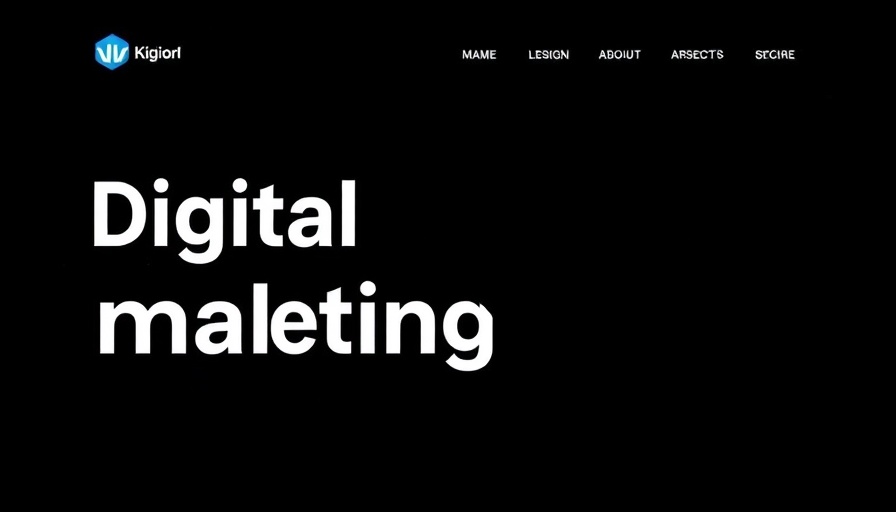
The Indomitable Spirit of Resilient Entrepreneurs
Entrepreneurs are often viewed as risk-takers, visionaries, and dream chasers. However, it is their resilience and ability to adapt that truly distinguishes successful entrepreneurs from the rest. In an unpredictable market, where challenges can emerge at any moment, understanding the traits that keep entrepreneurs grounded when the going gets tough becomes essential. What do the most successful entrepreneurs share that allows them to weather storms and emerge even stronger?
1. Strong Emotional Intelligence
Successful entrepreneurs often possess a high level of emotional intelligence. They are not only aware of their own emotions but also able to empathize with others. This skill helps them foster better relationships with their teams, clients, and stakeholders. Emotional intelligence allows them to manage stressful crises effectively, making decisions that are not just good for the business but also consider the well-being of the people involved.
2. Unwavering Focus on Goals
Maintaining a laser focus on their objectives is another hallmark of resilient entrepreneurs. When setbacks occur, these individuals do not lose sight of their ultimate goals. They view obstacles as temporary hindrances rather than roadblocks, allowing them to pivot strategically without losing momentum. Incorporating a consistent review of goals can strengthen this focus, allowing entrepreneurs to course-correct when necessary.
3. Agility and Adaptability
Market dynamics are in constant flux, requiring entrepreneurs to be flexible enough to adjust their strategies accordingly. Resilient entrepreneurs view challenges as opportunities to innovate and improve their offerings. For example, during unexpected economic downturns, many businesses reevaluated and adapted their marketing strategies, embracing digital transformations that had lasting benefits. With tools and resources available, such as data analytics to understand shifts in consumer behavior, adaptability becomes a strategic asset.
4. A Supportive Network
Having a strong network of peers, mentors, and advisors can significantly enhance an entrepreneur's resilience. Surrounding oneself with supportive individuals who can provide guidance, feedback, and encouragement is invaluable. This network not only helps entrepreneurs weather difficult times but can also offer insights that inspire innovative solutions. Women in business often emphasize the importance of these connections in building their paths to success, showcasing how diversity and support foster resilience.
5. A Culture of Learning
Resilient entrepreneurs prioritize ongoing learning. They invest in personal development and stay abreast of industry trends, utilizing educational resources to enhance their skill sets continually. A culture of learning permeates their organizations, encouraging team members to embrace feedback and challenges as opportunities for growth. This shift in mindset is crucial in fostering an environment where innovation thrives and employees feel empowered.
6. Risk Assessment and Planning
Crisis communication planning and thorough risk assessment procedures help resilient entrepreneurs navigate uncertainties. Proactive measures such as creating a business continuity plan safeguard against potential disruptions. By recognizing risk factors and challenges early, entrepreneurs are better equipped to implement strategies that mitigate adverse impacts on their businesses. This foresight strengthens the overall structure of their organizations, ensuring they can adapt to change seamlessly.
7. Emotional Resilience
True resilience is not simply a reaction to external pressures but an internal mindset cultivated under stress. Resilient entrepreneurs have excellent coping mechanisms to manage pressure, allowing them to bounce back stronger after setbacks. This emotional fortitude can be built through practices like mindfulness and self-awareness, which help to maintain composure and clarity in high-pressure situations.
8. Commitment to Core Values
Entrepreneurs who hold steadfastly to their core values create strong identities for themselves and their businesses. During turbulent times, these values can serve as guiding principles that inspire conviction and confidence when navigating through crises. Cultivating a unique value proposition that resonates with their audiences further solidifies their commitment to their mission, offering a platform to build brand loyalty and consumer trust.
Conclusion: Building Resilience for Future Challenges
Resilient entrepreneurs are equipped with a unique blend of emotional intelligence, adaptability, and unwavering focus that allows them to thrive even in the most turbulent circumstances. By developing these essential traits, professionals, business owners, and marketers can enhance their entrepreneurial journey. Strengthening personal and organizational resilience not only prepares one for immediate challenges but also positions one as a leader in the ever-evolving marketing landscape. As businesses continue to face the unknown, let us empower ourselves with these traits that define the entrepreneurs who prevail.
 Add Row
Add Row  Add
Add 




Write A Comment